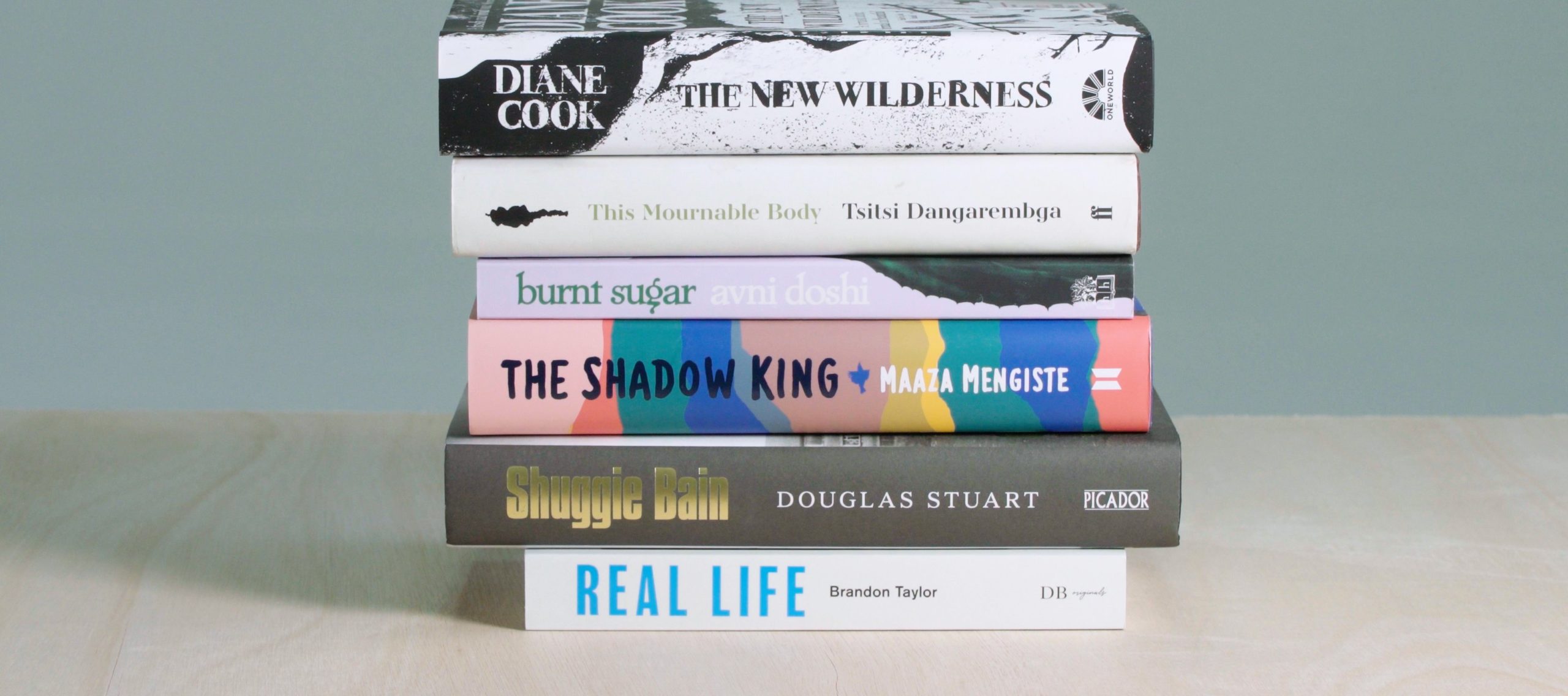Now amongst Margaret Atwood, Bernadine Evaristo, DBC Pierre and countless others, Douglas Stuart has shuffled in and sat down next to them with his debut novel Shuggie Bain.
Stuart’s novel follows the early life of the eponymous Shuggie Bain in 80s Glasgow, a boy that can only be described as ‘caught between’. Unknowingly or not, directly, or not, Shuggie tries to reconcile life caught between his mother’s alcoholism; catholic-protestant resentment; sexuality; social norms; poverty; loneliness; Scottishness; and himself. Himself describing the novel as ‘semi-autobiographical’, Stuart grew up in Glasgow and lost his mother to alcoholism at the age of sixteen. The book is dedicated to her and, as he clarifies, so is every page. Despite spending most of his working life in the USA, Stuart rekindled a love he had for Glasgow and hopes to use the $50,000 prize money to relocating back.

One of the most powerful motifs found in Shuggie Bain and one that is hard to shrug is the air of being forgotten. In itself, Shuggie Bain seems to have appeared from the fringes of somewhere forgotten. Glasgow and its people caught in dark days of Thatcherism have been forgotten. The pits are closed and forgotten and so are the people that once worked down them. As the 1980s drag on, even the clothes of the Glaswegian housewives remain in the era they felt wanted and needed. The most forgotten, as the novel artfully shows, are the days of Shuggie’s mother, Agnes. The torture of alcoholism is made blatant and the sympathy for its victims loud.
While the plot is solid and the context ripe, the beauty of this book is found in its language. Shuggie Bain dashes any antiquated conceptions that swearing is the lowest form of language or adds nothing to prose. The swear words form the fabric of Shuggie’s world and enhance the patter of his fellow characters. The mode of Stuart’s expression is definitely unique. How he and his characters see and interrogate the world is refreshingly blunt. Fundamentally, Shuggie Bain sees the world, painfully, for how it is, yet always wishes for something more.
This book is, at least, worth a read. At most, a Booker Prize
Image Credit: New Statesman

